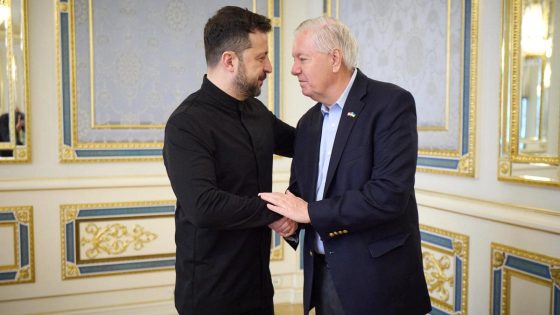The Senate may soon consider new Russia sanctions legislation as the conflict in Ukraine drags on with no resolution in sight. With strong bipartisan support, over 80 senators are eager to impose additional sanctions on Russia to bolster pressure on President Vladimir Putin. Senate Majority Leader John Thune indicated that discussions are ongoing, balancing the Senate’s urgency with the Trump administration’s strategy.
- Senate considering new Russia sanctions legislation
- Bipartisan support exceeds 80 senators
- Thune balancing Senate interest with White House
- Republicans frustrated with sanction delays
- Sanctions seen as leverage in negotiations
- White House maintains control over sanctions decision
Thune emphasized that while the White House is hopeful for a diplomatic solution, there is a growing frustration among senators who feel that waiting for approval could hinder their efforts. Many believe that imposing secondary sanctions could serve as a crucial bargaining chip for the U.S. in negotiations with Russia.
As discussions unfold, the potential for new sanctions could significantly impact U.S. foreign policy and the ongoing war. Will the Senate act decisively, or will they wait for the administration’s lead? The answer may come as soon as this month.
As the Senate prepares to act, one key question arises: How will these sanctions affect U.S.-Russia relations? The urgency is palpable, and lawmakers are eager to assert their influence. Consider these points:
- Over 80 senators support new sanctions, indicating strong bipartisan interest.
- Secondary sanctions could be used as leverage in negotiations with Russia.
- Frustration is growing among senators regarding delays from the White House.
As the situation evolves, it’s crucial for citizens to stay informed and engaged. Will the Senate take action, and how will it shape the future of U.S.-Russia relations?

































